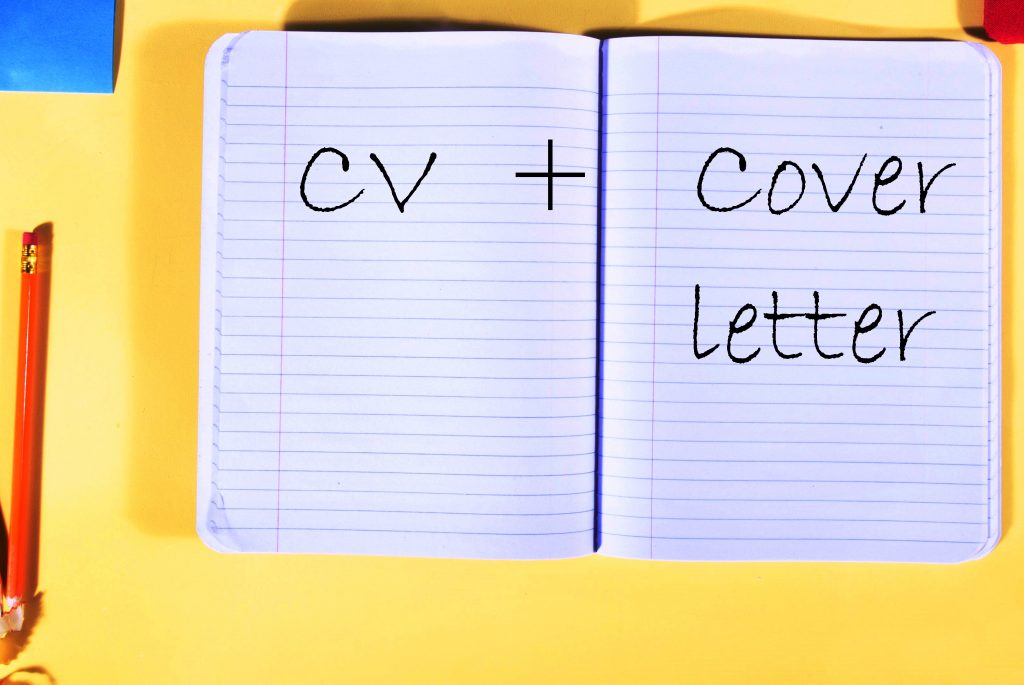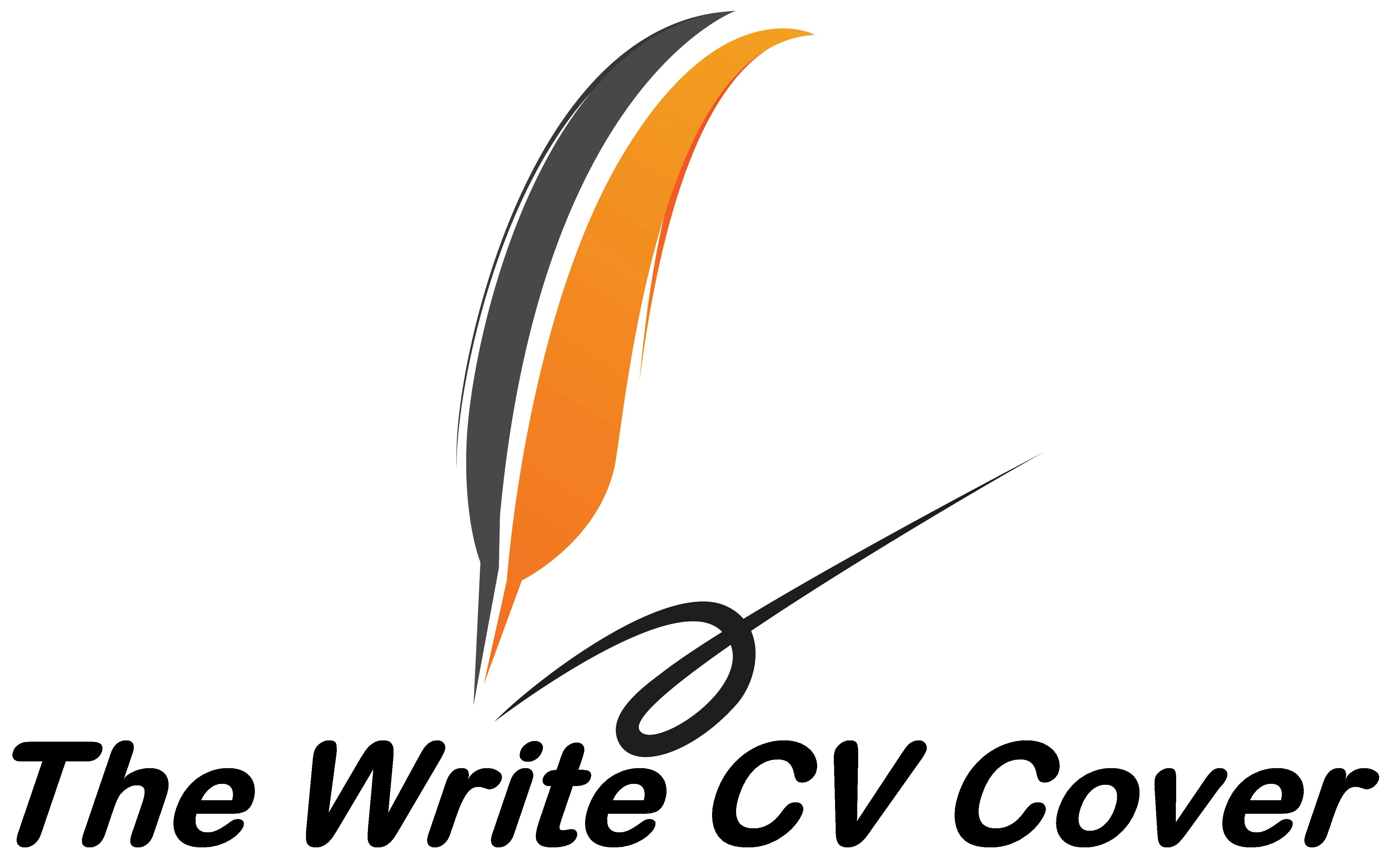There are things one should and shouldn’t do when writing a CV. It’s important to know the dos and don’ts when writing your first CV or updating one. Here, we give you a few dos and don’ts when writing a CV…
The dos when writing a CV
Include a short summary of your career
Provide a summary, so the reader can immediately see if you are the right candidate for the position. Make it inviting and relevant – this will enable the reader to continue reading your CV (or resume as it’s known in some countries).
Detail your experience, expertise, skills and achievements in 150 to 200 words. It’s challenging, but definitely doable.
Do tailor your CV

What are the recruiters looking for? What does the job entail? Do you have the skills and expertise to fulfil the requirements for the job? If you can answer these questions, then make sure they are presented on your CV and/or application form.
Read the job description carefully and match your knowledge and expertise to it. Use keywords from the job description to tailor your CV. The more relevant your skills and knowledge are, the more likely you are to get an interview.
Check for grammar and spelling mistakes
Grammar and spelling mistakes give a poor image, so make sure there aren’t any. Proofread your CV before sending it to recruiters. After writing it, give at least a day before checking for grammar and spelling mistakes – you will see things with a fresh pair of eyes. You can also send to friends and family members with keen eye for grammar to check it for you.
Include your contact details
How can you be contacted if you don’t provide your details? If you want to receive that phone call that tells you, “We found you to be a suitable candidate for this role,” you must include your contact details. That’s your email address and telephone number!
Include a cover letter

No application is ever complete without a cover letter! Let your recruiter know why you are applying for the job and what makes the suitable candidate.
Answer any questions asked in the job description and highlight your skills and expertise.
Format your CV correctly
If you don’t use the right format, your CV may come across sloppy. Make sure you use the same font and size. Pick a font that is easy to read like Calibri or Times New Roman. Don’t use too many colours; stick to one or two. And don’t include tables or images.
The don’ts when writing your CV
Don’t mass apply, it’s a waste of time
You may think if you randomly send your CV to a lot of companies, you will get a job, but that’s not the case. You will be among the irrelevant hundreds of applicants who did the same.
Spend the time and effort needed to make you stand out from the crowd. This is what will make you the special candidate the hiring company is looking for. Tailor your CV to the role!
Don’t include pictures or graphics

Recruiters and hiring managers now use software called applicant tracking system (ATS). This software reads the supplied documents and only forwards those matching the requested criteria. The software does not read images or graphics. It also pays close attention to the words on your CV or resume, so ensure you use the relevant keywords.
Also, avoid PDFs for the same reason. ATS reads Word documents better.
Don’t include a lot of personal information
Information you should avoid include your age, religion, sexual orientation, national insurance number and your full home address. Some of these can lead to discrimination whilst others can put your safety at risk.
Don’t use long sentences when writing your CV
Long sentences and paragraphs are hard to read. They also make it difficult to spot the relevant information. For this reason, the best CVs are those that use bullet points and short sentences.
Avoid irrelevant information
To make your CV relevant and concise – avoid the unnecessary information. Make your CV targeted and tailored.
Irrelevant information will make you come across as someone not suited for the job.
Avoid a long CV
Long CVs are not liked by recruiters. They make it difficult to see the relevant information and also take long time to read. Recruiters only have a few seconds to read your CV as they are going through hundreds, if not thousands, of CVs.
Make the job easy for them by reducing your CV to two pages. If you have extra important information you want to document and you have more than a decade of experience, then extending it to three pages is OK. However, we not recommend going beyond three pages.
If you enjoyed reading our article on the dos and don’ts when writing a CV, comment below or share it on your social media pages. If you would like one of our experts to give you a free CV review, get in contact and they will give you helpful tips on how to write a better CV.
